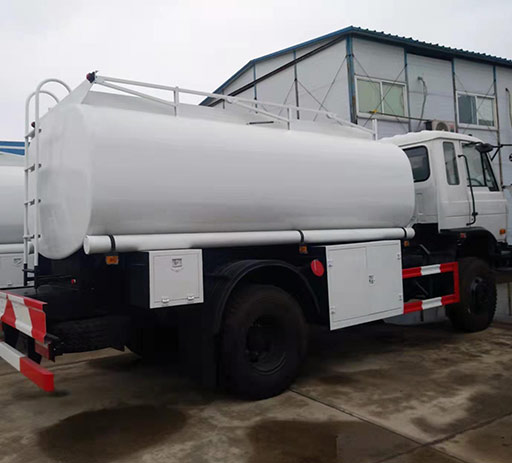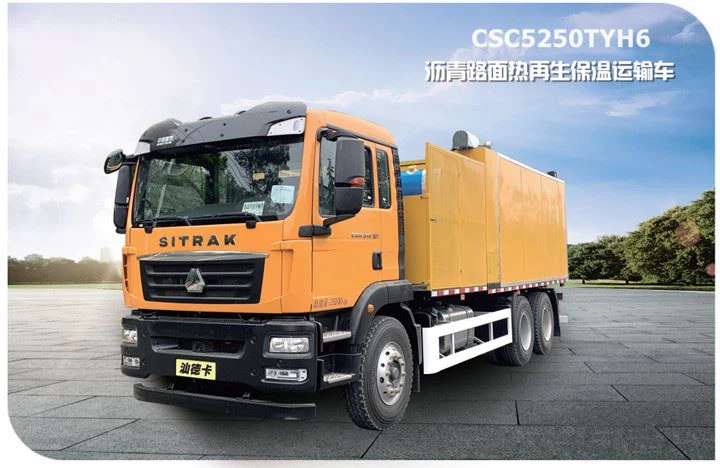Water Tanker Sales: Everything You Need to Know

Introduction
In the ever-evolving landscape of infrastructure and urban development, the demand for water tankers has surged significantly. Whether for construction, agriculture, or industrial usage, water tankers play a critical role in transporting essential water supplies. This article delves deep into the realm of water tanker sales, examining the key players in the market, types of tankers available, buying considerations, and industry trends. Whether you’re a business looking to make a purchase or an individual curious about the market, this guide will provide you with valuable insights.
Understanding Water Tankers
What is a Water Tanker?
A water tanker is a vehicle specifically designed to transport water from one location to another. These tankers can vary in size, capacity, and design based on their intended use. Understanding the basic function and structure of water tankers is crucial in recognizing their importance in various sectors.
Types of Water Tankers
| Type | Description | Typical Use |
|---|---|---|
| Small Water Tankers | Compact vehicles commonly used for residential or small-scale commercial purposes. | Household supplies, small construction sites |
| Medium Water Tankers | Vehicles that supply moderate quantities of water, ideal for medium-sized projects. | Agricultural fields, medium construction sites |
| Large Water Tankers | Heavy-duty trucks designed for extensive water transportation. | Large construction sites, municipal water supply |
| Specialty Water Tankers | Includes tankers designed for specific purposes, such as potable water or sewage. | Municipal services, drinking water supply |
Market Trends in Water Tanker Sales
Growth Drivers
The water tanker sales market is driven by several factors including:
- Urbanization: Increasing urban populations are driving demand for reliable water supplies.
- Agricultural Needs: Farmers require constant water resources for irrigation and livestock.
- Infrastructure Development: Ongoing construction projects necessitate large volumes of water beyond typical supply channels.
Challenges in the Market
Despite the growth, the market faces challenges such as:
- Regulatory Compliance: Water quality regulations can complicate delivery services.
- Competition: The market is increasingly competitive, making price wars common.
- Infrastructure Limitations: Inadequate road conditions can affect delivery efficiency.
Buying Considerations for Water Tankers

Identifying Your Needs
Before purchasing a water tanker, assess your specific needs:
- Volume Requirements: Determine how much water you need to transport.
- Frequency of Use: Consider how often you will require the tanker.
- Type of Water: Decide whether you need potable water storage or industrial-grade transport.

New vs. Used Water Tankers
Deciding between a new or used tanker can affect your budget and operational efficiency. Here are some points to consider:
- Cost: Used tankers are generally cheaper but may require repairs.
- Warranty: New tankers typically come with warranties, ensuring reliability.
- Customization: New models may offer more customization options to fit specific needs.
Finding Reputable Sellers
Researching Suppliers
When searching for water tanker sales, consider the following:
- Online Marketplaces: Websites like eBay and Craigslist can offer good deals on used tankers.
- Local Dealers: Check with local dealerships for new tankers and brands.
- Industry Trade Shows: Attending trade shows exposes you to various suppliers and options.
Evaluating Dealer Reputation
Assessing a dealer’s reputation can prevent costly mistakes:
- Customer Reviews: Look for feedback from previous customers online.
- Industry Affiliations: A dealer associated with respected industry organizations may be more trustworthy.
- Warranty and Service: A good dealer should provide comprehensive after-sales service and warranty support.
Maintenance Tips for Water Tankers
Regular Maintenance Checks
Ensuring longevity and efficiency of your water tanker involves regular maintenance:
- Inspect hoses and fittings to prevent leaks.
- Clean the tank regularly to avoid contamination.
- Monitor tire pressure and tread wear to ensure safe transportation.
Winterization Tips
In regions with harsh winter climates, protecting your water tanker is crucial:
- Drain Residual Water: Prevent freezing by draining any remaining water in the tank.
- Use Anti-Freeze Solutions: Consider using specialized solutions if applicable to your tanker type.
- Park Safely: Store the tanker in an insulated garage or area to avoid temperature extremes.
Case Studies in Water Tanker Sales
Successful Case Study: Municipal Water Supply
A city faced challenges with its water supply and decided to invest in a fleet of large water tankers. Over three years, the city’s water disruption rates decreased by 30% due to reliable tanker support. The investment led to further infrastructure improvements and increased public satisfaction.
Challenges Faced by a Construction Company
A construction company initially opted for a used water tanker, underestimating maintenance costs. After several breakdowns, they transitioned to a new tanker model with a warranty and reduced operational disruptions. This case highlights the importance of choosing the right tanker based on operational needs.
Future Trends in Water Tanker Sales
Technological Innovations
Innovations are shaping the future of the water tanker market:
- Smart Technology: GPS and remote monitoring systems allow for better tracking and logistics.
- Eco-Friendly Options: Electric water tankers are being developed to reduce carbon footprints.
Regulatory Changes
As water quality regulations tighten, manufacturers will need to adapt their designs to meet these standards, potentially influencing buying decisions in the future.
Frequently Asked Questions (FAQ)
1. How much does a water tanker cost?
The price of a water tanker varies based on size and condition. New tankers can range from $20,000 to $100,000, while used options might start around $10,000.
2. Do I need a special license to operate a water tanker?

Yes, in many regions, a commercial driver’s license (CDL) is required to operate larger water tankers. Always check local regulations.
3. Can I modify my water tanker?
Yes, modifications can be made, but it’s essential to ensure they comply with local safety and regulatory standards.
4. How often should I maintain my water tanker?
Regular maintenance checks should be conducted at least every six months, with daily checks on critical components before use.
5. Are there financing options available for purchasing a water tanker?
Yes, many dealers offer financing plans. Additionally, banks and credit unions provide loans specifically for equipment purchases.
6. What are the environmental considerations when using water tankers?
Ensure your tanker meets environmental regulations regarding leakage, contamination, and efficient water use to minimize the environmental impact.
